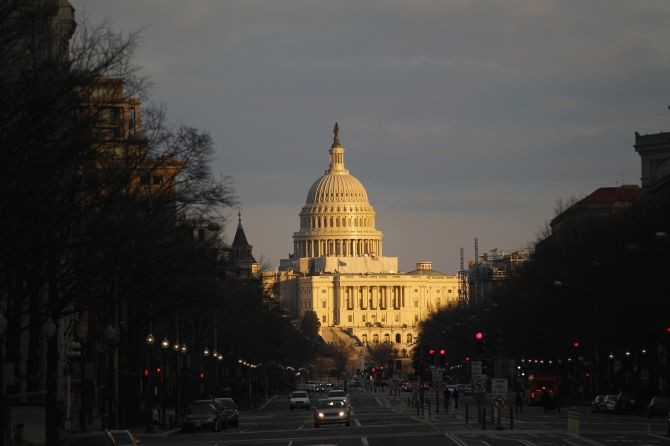Senate Bill Not Banning 'Bath Salts' Has Lawmakers and Law Enforcement Flabbergasted

Since Memorial Day, ‘bath salts’ have been everywhere. There was the oft-reported story of Rudy Eugene, shot to death by police in Miami after chewing off 70 percent of his alive victim’s face. Wayne Carter, in Hackensack, New Jersey, stabbed himself over fifty times in the abdomen while throwing pieces of his exposed flesh and intestines to police officers. Twenty-year-old Robert William White attacked his elderly neighbor with a shovel. When he was arrested by police officers in Glendale, California, with the help of a taser gun, he announced that he was an alien and was speaking to Jesus Christ at the time of his attack.
Like crack cocaine in the 1980s, and methamphetamine in the early 2000’s, there is a new drug du jour. But while the name lends itself to thoughts to soaking in a tub, it is in fact the name given to a group of synthetic drugs. The Drug Enforcement Agency has found them, disguised as herbal incense products, as early as 2008, but between 2010 and 2011, the drug exploded. The number of calls to poison control centers related to bath salts, between 2010 and 2011, has exploded from a comparatively measly 303 to more than 6,000.
‘Bath salts’ are here to stay.
But, despite the seemingly ubiquitous presence of the drug in newspapers, magazines, and blogs across the nation, bath salts have gone largely unregulated. Last week, a conference of House and Senate lawmakers agreed to ban 26 synthetic drugs, and 17 chemicals for bath salts. However, only two bath salt compounds, mephedrone and MDPV, made it to the bill furnished by Senate Judiciary Chairman Frank Leahy (D-VT) – and those were already banned, due to an “emergency schedule” list made last year.
Lawmakers and enforcement officials are stupefied.
The Drug Enforcement Administration submitted a list to Congress of 41 synthetic drugs it wanted to add to the “Schedule 1” list of federally criminalized drugs, like cocaine, heroin, and meth. The House of Representatives bill, which has passed, listed the 17 chemicals for bath salts. Some lawmakers are accusing Senator Leahy of choosing political expediency over public safety.
The Senate bill extends the amount of time that the DEA can put a drug on “emergency schedule” from one year to two years, which allows the agency to temporarily declare drugs illegal without subjecting themselves to the lengthy scheduling process in order to make the criminalization permanent.
Currently, DEA officials are tasked with the arduous, almost impossible task of discovering new drugs and trying to classify them quickly enough to prosecute offenders.
Published by Medicaldaily.com



























